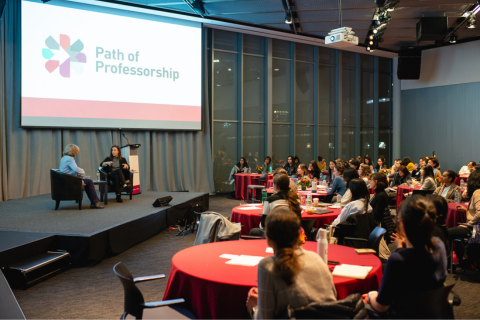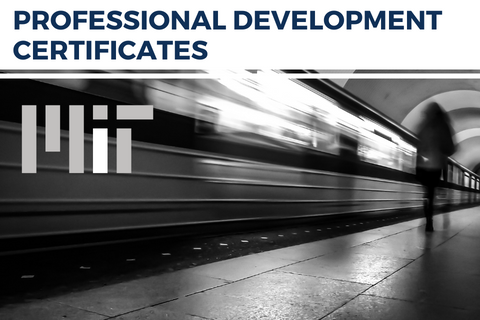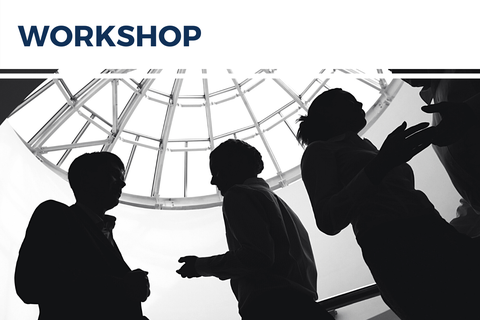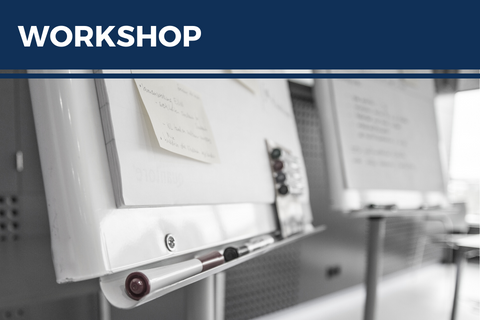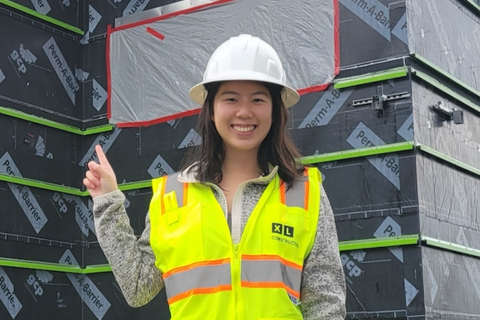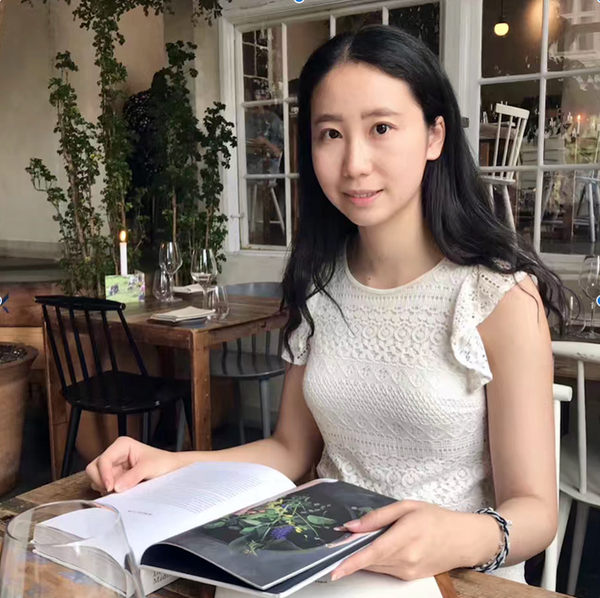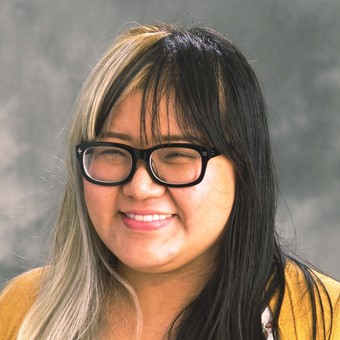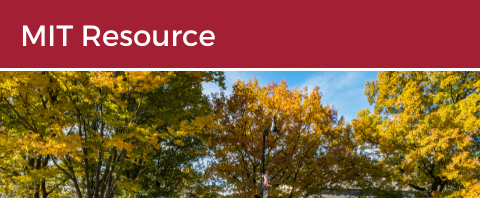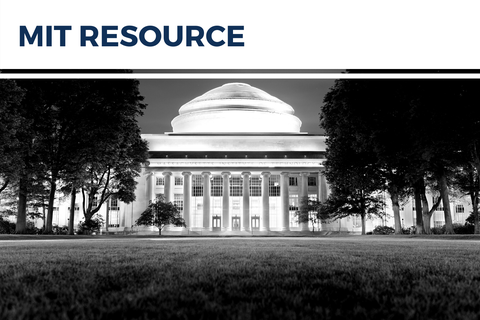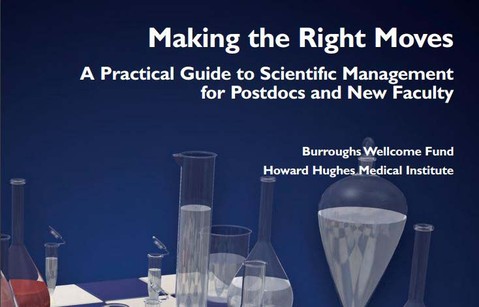<<Back to professional development home page
Never too early… never too late.
In the midst of your graduate studies, your career may be at the forefront of your thinking, or it may feel very far away. You may be planning for a faculty career, envisioning an industry career path outside of academia, or both. Wherever you are in your program, now is the right time to carve out some space for career exploration and advancement.
Here, you will find opportunities from across the Institute that focus on career development, from experiential learning and internships to practical and informative workshops. As you engage, you will find ways to clarify your goals, build confidence, and develop skills that will serve you throughout your professional life:
- Expand your disciplinary expertise, explore your options, and make a plan
- Intentionally build a professional network of mentors and thought partners
- Define yourself as a professional and create a professional brand
- Engage with digital tools like Handshake, The MIT Alumni Advisors Hub, Twitter, LinkedIn, and other social media platforms to join in professional conversations relevant to your interests and values
- Recognize that your career is yours to manage and design

Career Advising Appointments
Meet with a CAPD advisor for a one-on-one career advising appointment to discuss a wide range of career topics including exploration and planning, job/internship searches, application materials, interviews, salary negotiations, and any other questions or concerns.

MIT Alumni Advisors’s Hub
The Alumni Advisors Hub is one of the most powerful ways there is to augment your technical training. There’s no better source of information and wisdom to inform your journey than the scholars and professionals who have been where you are now, and gone on to discover, teach, influence, and lead with excellence in the world beyond the Infinite Corridor.

Experiential Learning for Graduate Students
Even for graduate students, pivotal learning experiences can happen outside of the boundaries of the classroom and the laboratory. Experiential learning opportunities invite graduate students to apply their growing expertise towards applied challenges, which in turn can inform their research questions and expand their networks.
Graduate Student Career Exploration Grants provide funding ($1,000 or $1,500) to help graduate students cover the cost of completing a one-month underfunded domestic internship over IAP in a career field they would like to explore further.
Example industry areas can include but are not limited to: non-profit, local government, startups, communication, creative fields, education or sustainability. Priority will be given to applications where the proposed opportunity extends beyond the scope of their current academic research trajectory and enables the applicant to make meaningful connections in industry. Learn more and apply here.
Micro-internships are short-term projects or internships offered by MIT alumni and other employers. These opportunities occur over the January Individual Activities Period (IAP) and are an excellent way for graduate students to try their skills in new contexts, explore career options and connect with the broader MIT network.
You can initiate small-scale experiential learning moments by seeking out informational interviews and job shadowing. In addition:
The work you do as a graduate student is work! Notice and capture the elements of your research and teaching that are transferable and valuable in a range of contexts. Supplement your experiences by:
- Joining students groups that partner with employers
- Participating in hackathons, design, or engineering challenges.
- Taking project-based classes

PhD Suggestions for Every Stage: Career Advancement
• Create an Individual Development Plan, or IDP
• Learn about grant applications from the Office of Graduate Fellowships
• Consider applying for the NSF GRFP (Graduate Research Fellowship Program)
• Take a research statement workshop at the writing center
• Learn how to use citation management tools for your research
• Meet with a career advisor
• Explore a certificate program to accompany your graduate degree
• Attend a conference
• Join professional associations
• Volunteer for departmental service
• Do a micro-internship
• Attend a career fair
• Engage in career exploration and try out some “career prototyping” by attending an industry Trek or company presentation
• Explore new applications of your work through social justice and public service opportunities
• Prepare your professional document portfolio for faculty jobs and jobs outside of academe
• Sign up for academic job wikis
• Conduct informational interviews

Faculty Job Search Series (FJSS)
The Faculty Job Search Series (FJSS) supports graduate students and postdocs who are preparing for the faculty job market. The program brings together expertise from around the Institute, including faculty, CAPD, the Writing and Communication Center, the Teaching and Learning Lab, the OGE, and the Engineering Communication Labs.
Build a strong application informed by experts across the Institute via overviews, faculty panels, deep dives, and hands-on-workshops aligned with the timeline of the faculty job search.

Application materials for PhDs and postdocs: Examples and how-to guides
These resources are designed for MIT PhDs and postdocs to serve as guides through the process of career document preparation. Whether you’re converting your CV into a resume for an industry role, refining your CV for an academic job search, or creating other documents, you’ll find examples, how-to guides, and strategies here.

Professional development certificates for PhDs and postdocs
MIT offers 2 new professional development certificates to help graduate students and postdocs fast track and focus their growth in two essential areas: mentoring and grant writing.


